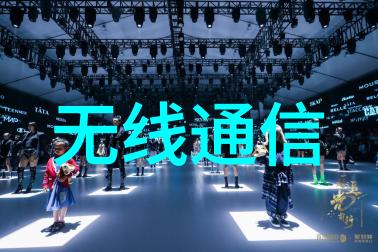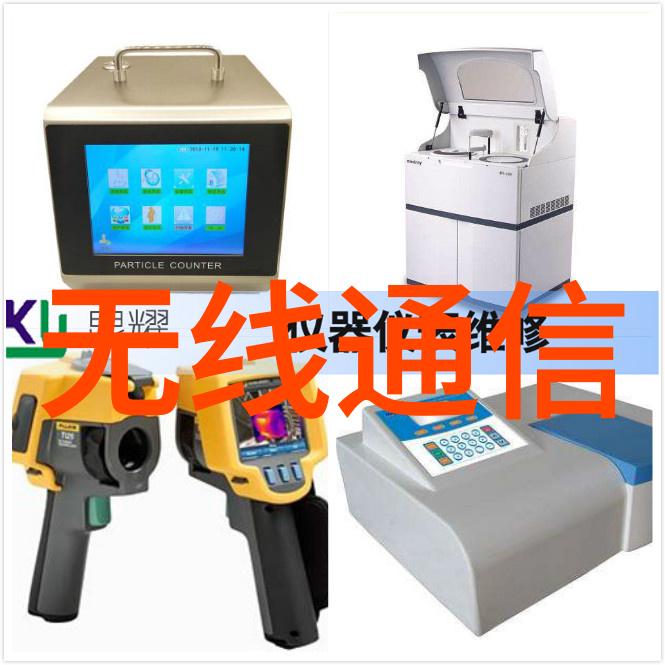PE管材在现代工业中的应用与发展
PE管材的基本特性

PE管材是一种聚乙烯塑料制成的管道材料,具有良好的耐腐蚀性、抗压力强度和机械性能。它是目前市面上最为常见和广泛使用的一种水处理材料。在构建城市供水系统时,PE管材因其轻便、易于安装而受到青睐。
PE管材的生产工艺

PE管材的生产主要包括原料选购、加热熔融、注射成型和切割等步骤。首先,聚乙烯粉末被加热至熔融状态,然后通过高精度注射机将熔融塑料注入模具中形成所需形状。在冷却后,取出模具得到的产品即为PE管材。这一过程要求严格控制温度和压力,以确保产品质量不受影响.
PE管材在水处理中的应用

在水处理领域,PE管材由于其耐腐蚀性好,对酸碱介质稳定,不会发生化学反应,因此广泛用于输送清洁或污染物含量较低的流体。此外,它还能够承受较高温度,不怕日晒雨淋,是理想的地下排水工程用途。但需要注意的是,在输送含有重金属离子的污染物时,由于PE对某些重金属有一定的溶解性,所以可能导致长期使用造成泄漏问题.
PE管材在农业灌溉中的应用

农业灌溉是一个关键环节,其中PE pipe played a vital role due to its high resistance to chemicals and abrasion, which is particularly important in handling fertilizers and pesticides that can damage other materials. Moreover, the flexibility of PE pipes allows for easy installation around trees and other obstacles, reducing labor costs during installation.
未来发展趋势及挑战

As environmental concerns continue to rise, there is an increasing demand for sustainable materials like recycled plastic pipes. However, the production of recycled plastic pipes faces challenges such as inconsistent quality control and limited availability of raw materials compared to virgin plastics.



